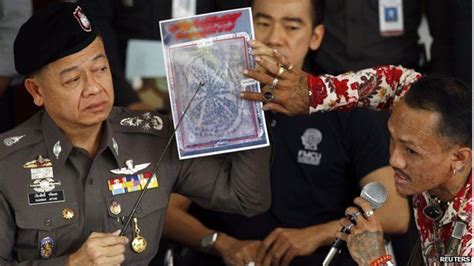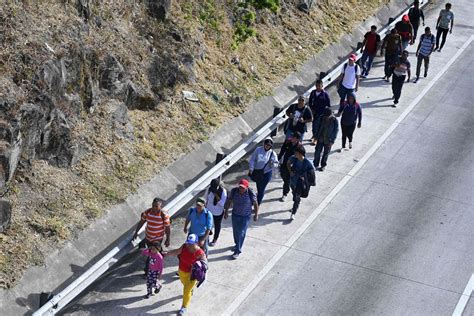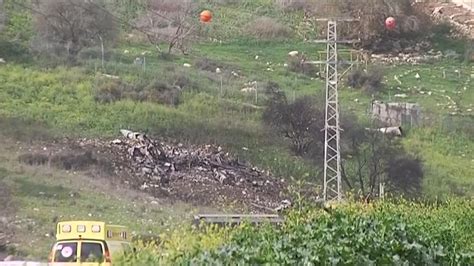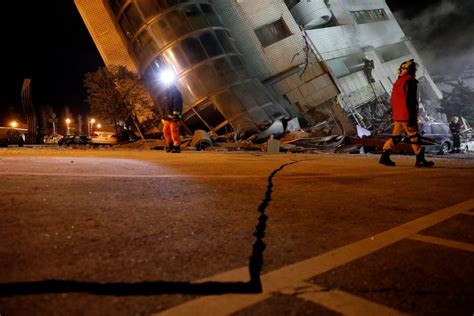Libya has recently stirred up controversy by expelling ten aid organizations, including renowned groups like Doctors Without Borders and the UN refugee agency. The Libyan authorities have accused these aid groups of a sinister plot to manipulate the country’s demographic composition by encouraging African migrants to settle there permanently.
In a bold move, Salem Gheit, a spokesperson for Libya’s Internal Security Authority, condemned this alleged scheme as a direct threat to the nation’s social equilibrium. According to Gheit, allowing migrants of African origin to establish roots in Libya would destabilize the delicate balance within Libyan society. This accusation is reminiscent of similar events in Tunisia two years ago, where similar actions were labeled as anti-black racism.
The backdrop against which these allegations unfold is essential for understanding their gravity. Since Muammar Gaddafi was ousted from power in 2011, Libya has been plagued by political turmoil and lawlessness. The absence of a stable government has led to the proliferation of armed militias and human-trafficking networks across the country. Libya now finds itself divided between two rival administrations, each vying for control over its territory.
One particularly alarming aspect of this crisis is the treatment faced by migrants who pass through or reside in Libya. Reports have surfaced alleging that armed groups run brutal detention centers where migrants endure horrific abuse, including beatings and starvation. Shockingly, it is even claimed that some members of the Libyan coastguard have prioritized filming distressing scenes at sea rather than rescuing those in peril.
The decision to expel these aid organizations came from Tripoli-based authorities representing the internationally recognized government of Libya. Among those affected was Doctors Without Borders (MSF), which had halted its operations due to persistent harassment from Libyan officials.
In response to these accusations and subsequent expulsion orders, various aid groups have defended their work vehemently. The UN refugee agency (UNHCR) clarified that their efforts primarily focus on providing assistance to refugees facing dire circumstances rather than promoting migration into Libya intentionally.
Despite these rebuttals, Libya’s International Security Authority maintains its stance that the expelled NGOs were complicit in facilitating illegal migration by offering necessities like food and clothing—creating an allure for migrants to view Libya as more than just a transit point.
The plight of sub-Saharan African migrants in Libya cannot be overlooked amidst this chaos. Countless individuals have suffered unspeakable atrocities at the hands of traffickers and hostile locals—ranging from slavery and repeated rape to senseless killings based on racial prejudice.
A Sudanese refugee shared her harrowing experience with BBC earlier this year:
“He used to call me a ‘disgusting black’. He raped me and said: ‘This is what women were made for.'”
Her account sheds light on the pervasive discrimination faced by black Africans within Libyan borders—a grim reality that challenges conventional notions about identity and belonging.
As debates surrounding migration intensify globally, instances like these serve as poignant reminders of the complex interplay between humanitarian efforts, national interests, and individual rights within geopolitical landscapes undergoing profound transformations.









Leave feedback about this